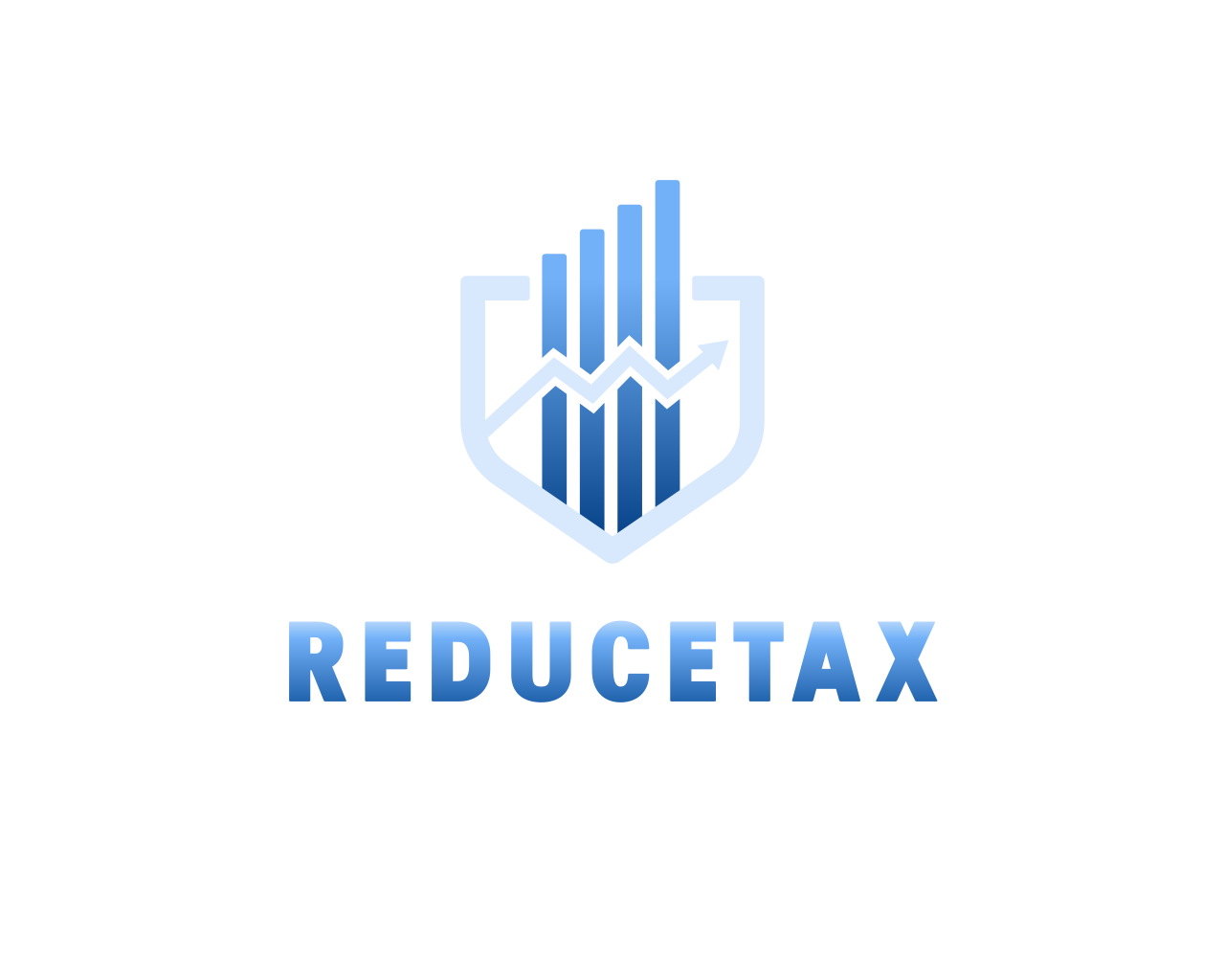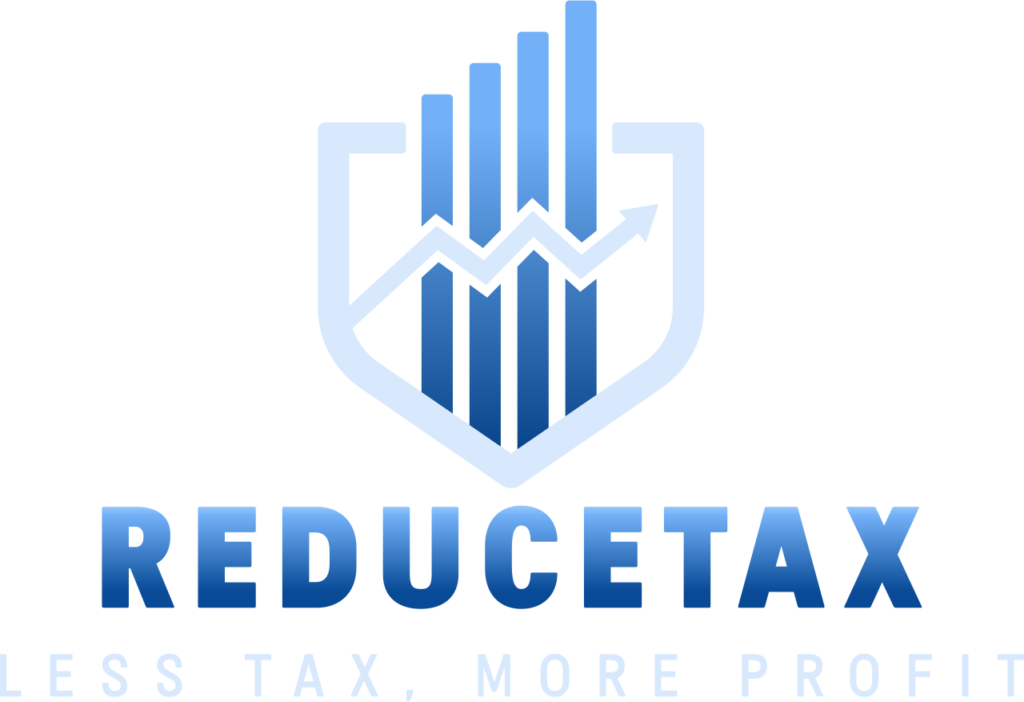
Table of Contents
Why Bulgaria is Ideal for EU-Based Digital Nomads and Entrepreneurs
Introduction
The digital revolution has unshackled professionals from traditional office spaces, giving rise to a new class of mobile professionals: digital nomads and remote entrepreneurs. In the European Union, this shift has fueled a growing desire to live and work in countries that offer both economic and lifestyle benefits. Among the top emerging destinations in this space is Bulgaria—a hidden gem that’s now gaining recognition for its ideal blend of affordability, connectivity, and tax efficiency.
Whether you’re a solo founder, freelance developer, e-commerce business owner, or SaaS entrepreneur, Bulgaria presents a compelling case as your next operational base or legal home.
Cost of Living and Quality of Life in Bulgaria
Bulgaria offers one of the most affordable lifestyles in Europe without compromising on comfort. Cities like Sofia, Plovdiv, and Varna combine vibrant urban energy with low costs, making them attractive for EU citizens looking to stretch their euros further.
-
Rent: A modern apartment in Sofia can cost as little as €400–€600/month.
-
Utilities and Internet: High-speed internet is widely available and cheap—averaging €10–€15/month.
-
Transportation: Public transport and ride-sharing services are efficient and economical.
-
Safety & Healthcare: Bulgaria maintains a relatively low crime rate and access to both public and private healthcare services.
Tax Advantages for Remote Entrepreneurs
Bulgaria’s flat tax system is a major magnet for entrepreneurs aiming to keep more of their earnings:
-
10% flat personal income tax
-
10% corporate tax
-
5% dividend tax
For digital nomads and EU-based remote founders, these tax rates can lead to savings of 60–90% compared to high-tax EU countries like France, Germany, or Belgium.
Want to see exactly how much you could save? Use our Tax Calculator
Related Reading: [Taxes in Bulgaria: A Comprehensive Guide for 2025]
Residency and Legal Setup for Nomads
Thanks to EU freedom of movement, citizens from EU member states can reside in Bulgaria without a visa. For long-term stays, obtaining a Bulgarian residency card is straightforward and beneficial for legal and tax purposes.
Legal setup options include:
-
Freelancer with self-employment status
-
Incorporating an OOD (Limited Liability Company)
-
Registering as a sole trader
These structures are efficient and well-supported by local legal frameworks, making it easy to stay compliant.
Business Infrastructure and Banking
Bulgaria has streamlined its company registration process—you can incorporate a business in under a week, fully remote in most cases. Moreover, its digital-first financial system supports international entrepreneurs:
-
Online banking platforms like Revolut, Wise, and Bulgarian banks
-
Support for IBAN and SEPA transactions
-
Crypto-friendly environment with clear taxation policies on digital assets
Internet, Co-working Spaces, and Community
Fast internet and flexible workspaces are non-negotiables for remote professionals—and Bulgaria delivers.
-
Average internet speed: 60–100 Mbps
-
Coworking hubs: SOHO, Puzl, betahaus in Sofia; Limacon in Plovdiv; Work & Share in Varna
-
Events and meetups: Growing tech and startup scenes with English-speaking communities
This ecosystem allows nomads to network, collaborate, and plug into a rising entrepreneurial landscape.
Cultural Integration and Language
While Bulgarian is the official language, English is widely spoken in business, tech, and hospitality. Expats frequently report that:
-
Locals are friendly and welcoming
-
Language barriers are minimal in urban areas
-
Many documents and services are available in English
Additionally, the cost of learning Bulgarian through private lessons or apps is much more affordable than in Western countries.
Challenges and Considerations
While Bulgaria offers many advantages, digital nomads should be aware of certain drawbacks:
-
Bureaucracy: Some public offices still rely on paper-based systems.
-
Language in rural areas: English proficiency drops outside cities.
-
Choosing the right base: Each city offers different vibes and services.
Partnering with a local expert or platform like ReduceTax.eu can smooth out these complexities.
| Country | Corp. Tax | Personal Tax | Cost of Living | Residency for EU Citizens |
|---|---|---|---|---|
| Bulgaria | 10% | 10% | Low | Easy |
| Germany | 30–33% | 14–45% | High | Moderate |
| France | 25% | 11–45% | High | Moderate |
| Spain | 25% | 19–47% | Moderate | Easy |
Who Should Consider Moving to Bulgaria?
Bulgaria is ideal for:
-
Solo entrepreneurs and one-person startups
-
E-commerce store owners serving the EU
-
Remote SaaS developers and marketers
-
Freelancers earning via platforms like Upwork or Fiverr
-
Crypto investors looking for clear and fair taxation
How ReduceTax.eu Supports Digital Entrepreneurs
At ReduceTax.eu, we help EU-based digital professionals:
-
Set up a business entity (OOD (LTD), freelance status)
-
Register for tax residency
-
Manage accounting and reporting
-
Ensure legal compliance year-round
You get expert support so you can focus on building your brand, not battling bureaucracy.
Conclusion
With low taxes, high connectivity, an open-door policy for EU nationals, and an affordable lifestyle, Bulgaria stands out as a top-tier destination for digital nomads and entrepreneurs.
Ready to make the move or optimize your operations?
Start with our Tax Calculator or explore our full [Taxes in Bulgaria Guide].

